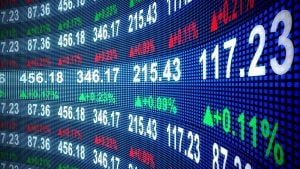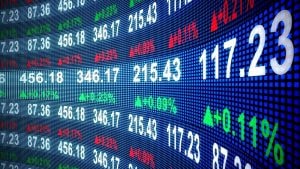
Lille hosted a Companies for the Climate (CEC) convention, under the glass roof of Euratechnologies, a former textile factory rehabilitated 12 years ago to house an incubator, aimed at overturning “business models”, how a company generates profits to be viable.
“How can we build without consuming space or materials?” asks Emmanuel Morizot, Director of Innovation at the Briand Group. This 1,600-employee company builds huge buildings for supermarkets and industry all over France.
This activity consumes concrete, steel, and, above all, floor space, which it artificializes. In terms of impact, “we’re good polluters”, admits Mr Morizot, convinced that this model “is heading for disaster”.
As part of this think-tank, he and 10 other managers are freely listing the negative impacts of this model, to rethink it: in the future, his company could renovate or transform existing buildings and wasteland, and design modular or demountable buildings.
The rules of the game for the debates: “Go as far as possible, push the cursor to the maximum”, explains Eric Duverger, initiator of the CEC, organized entirely by volunteers.
At the heart of the discussions, companies must stop emitting carbon, make a clean sweep of natural resources, and have a positive impact on the environment: in short, to go “against their logic of maximizing profits and their linear business models, to truly change the paradigm”, he continues.
Missing from the list are the major CAC 40 companies.
This former marketing director at Michelin sees an economic logic: “Raw materials and energy are going to cost more and more. Those who manage to do things frugally will be the winners in tomorrow’s world. Today’s prices don’t reflect the cost of what we’re taking from nature”, he points out.
“It’s tough because simply improving our model won’t be enough,” testifies a business leader during a workshop. “We’re being pushed into a form of radicalism, but it’s interesting because we’re entrepreneurs,” says another executive.
For Eric Duverger, companies remain “on the sidelines, even though they have the people and the investments. The idea of the CEC is to take up what has worked in the citizens’ convention, the collective”, and then give birth to “opinion leaders”.
Convinced, Emmanuel Morizot, of the Briand Group, is nonetheless worried about “facing up to reality, in a market guided by prices (and trapped by) its tendering and contractualization methods, which leave no room for alternative models to emerge”. “The real question is, what are Vinci and Bouygues going to do tomorrow? It’s up to them to make a difference”, he stresses.
Although they were invited to attend, Eric Duverger feels that the big CAC40 groups, “organized to communicate everything they do well and give the impression of doing their utmost”, are the big absentees from this convention, apart from Crédit Agricole.




